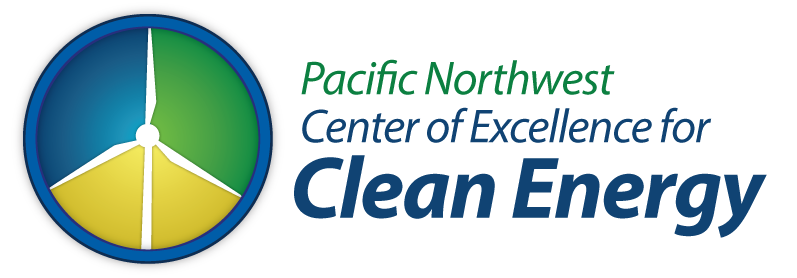Fuel Cell Engineer
Fuel cell engineers are specialized engineers, often mechanical engineers. They work in the design, modification, evaluation, and/or construction of fuel cell components or systems for various applications including transportation or portable applications. This can involve building prototypes, testing and adjusting products, and recording the efforts. The field has come a long way since the first fuel cells and batteries were invented in the 1800s and continues to grow with the increase of hydrogen fueled vehicles and the need to make them more efficient and affordable.
Also known as: Engineer, Research Engineer, Stack Engineer, Mechanical Engineer
Pay Scale
$99,030 in 2021 in WA
$95,300 in 2021 in U.S.
Education
Bachelor’s or Master’s
Projected Opportunities
480 through 2030 in WA
17,900 through 2031 in U.S.
Career Path
The career path to becoming a fuel cell engineer begins with education, and an internship or graduate degree. Most graduates become mechanical engineers or fuel cell engineers and can advance into positions such as program manager or engineering manager.

Training & Requirements
Training
Fuel cell engineers most commonly have a degree in mechanical engineering, but can also have backgrounds in electrical or chemical engineering, as well as chemistry. Many employers also prefer an MS or P.E. license (professional engineer). A professional engineer license can be obtained through the National Council of Examiners for Engineering and Surveying (NCEES).
Required Skills
- Use of analytical software such as FactSage, GE Energy GateCycle, and Minitab
- Microsoft Office use
- Ability to analyze data and information
- Critical thinking skills- using logic and reasoning to identify strengths and weaknesses of alternative solutions
- Knowledge of engineering and technology, and the practical applications
- Chemistry knowledge including chemical composition, structure, and properties of substances
Responsibilities
- Plan or conduct experiments to validate new materials, optimize startup protocols, reduce conditioning time, or examine contaminant tolerance
- Provide technical consultation or direction related to the development or production of fuel cell systems
- Conduct fuel cell testing projects, using fuel cell test stations, analytical instruments, or electrochemical diagnostics, such as voltammetry or impedance spectroscopy
